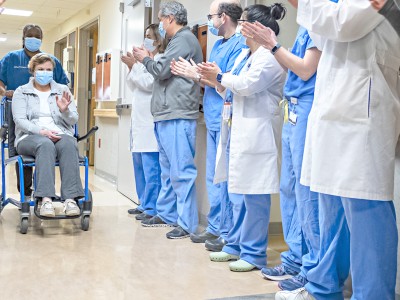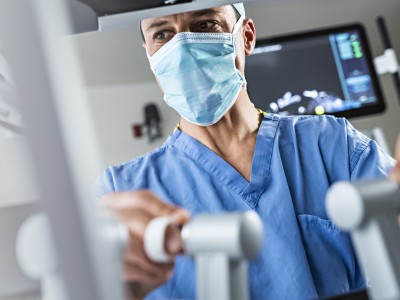
Find a Doctor
Search for LVHN doctors and clinicians in your area. Looking for urgent care? Visit an ExpressCARE
Latest News, Health Tips and Patient Stories
Image

Lehigh Valley Reilly Children’s Hospital
Your children mean the world to you. Find out how we take the very best care of them.
Image

Lehigh Valley Topper Cancer Institute
When it comes to outstanding cancer care, you have a partner in Lehigh Valley Topper Cancer Institute.
Image

Lehigh Valley Heart and Vascular Institute
At Lehigh Valley Heart and Vascular Institute, you have a team capable of taking on the toughest heart care challenges.
Image

Lehigh Valley Orthopedic Institute
The region’s leader in joint, spine and orthopedic care gets you moving again.
Image

Lehigh Valley Institute for Surgical Excellence
Tens of thousands of people each year choose Lehigh Valley Institute for Surgical Excellence for their care.
Image

Lehigh Valley Fleming Neuroscience Institute
Extraordinary care for brain, spine and neurological and neurosurgical disorders.

